The idea of sitting before a decision-maker, wearing your lucky tie, appealing to them to do the right thing... it isn’t the most interesting way to make change happen.
Yet as an activist tactic, it's powerful. You can spend weeks organising a street protest that makes no progress. And then in a 20-minute meeting you say the right thing at the right time to the right person in power, and at the stroke of a pen you get what you want. It sounds crazy, even unfair. But as corporations the world over know, it works.
This is lobbying, AKA advocacy, AKA trying to influence decision makers.1 And whether you’re writing a letter to someone in power, or sitting down with them in person,2 every thinking radical should know how to do it.
I spent three years working in Brussels for NGOs whose core business was lobbying. And another ten advising similar organisations as a consultant. So here's everything I know on how to be a good lobbyist. And a few things I’ve picked up since.
Let's go.
Your demands
Most people just express what they want. A real lobbyist goes further.
Whether it’s a speech, a letter, a document you hand out at a meeting, whatever... it needs three components. WHATs, WHYs and HOWs.
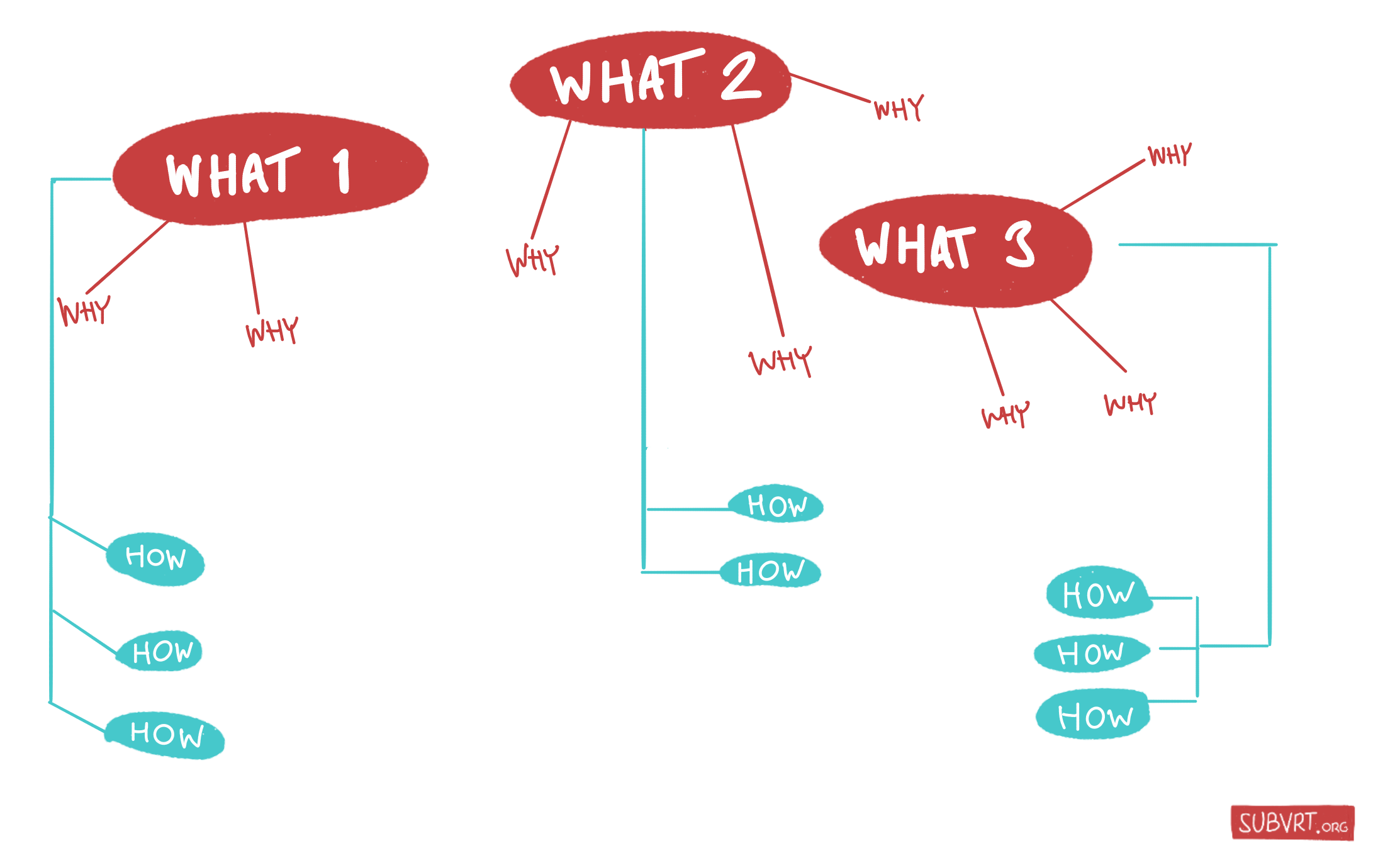
WHATs
WHATs are your demands, your headline 'asks'. State them plainly. Make them measurable.



WHYs
WHYs are arguments for your WHATs. They show the decision maker that giving you what you want benefits them, too.3 Each WHAT should have at least one WHY to back it up.
How do you develop the WHYs? First think of the decision maker’s pressure points. Like: to save taxpayers' money; to get re-elected; to look like they care; or to deliver on public commitments.
Then with some basic research, find a set of WHYs for your demands that offers the decision maker something from that list. And express these arguments in a compelling way.
Build your WHYs from facts, from solid sources. Use links, footnotes, quotes – this is where you get to look like an expert on your issue. Again, use simple, emotionless language. Show, don't tell.
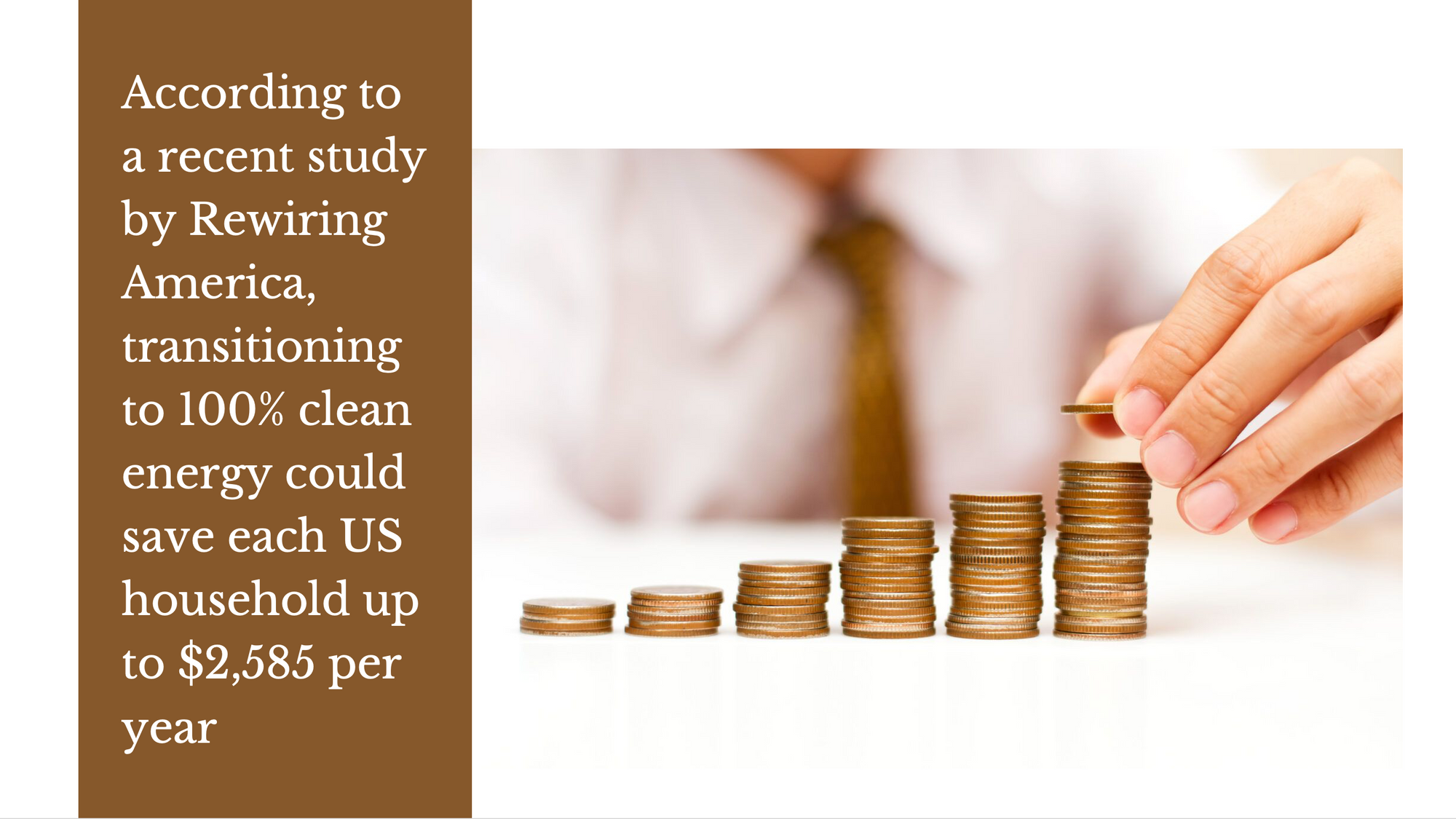
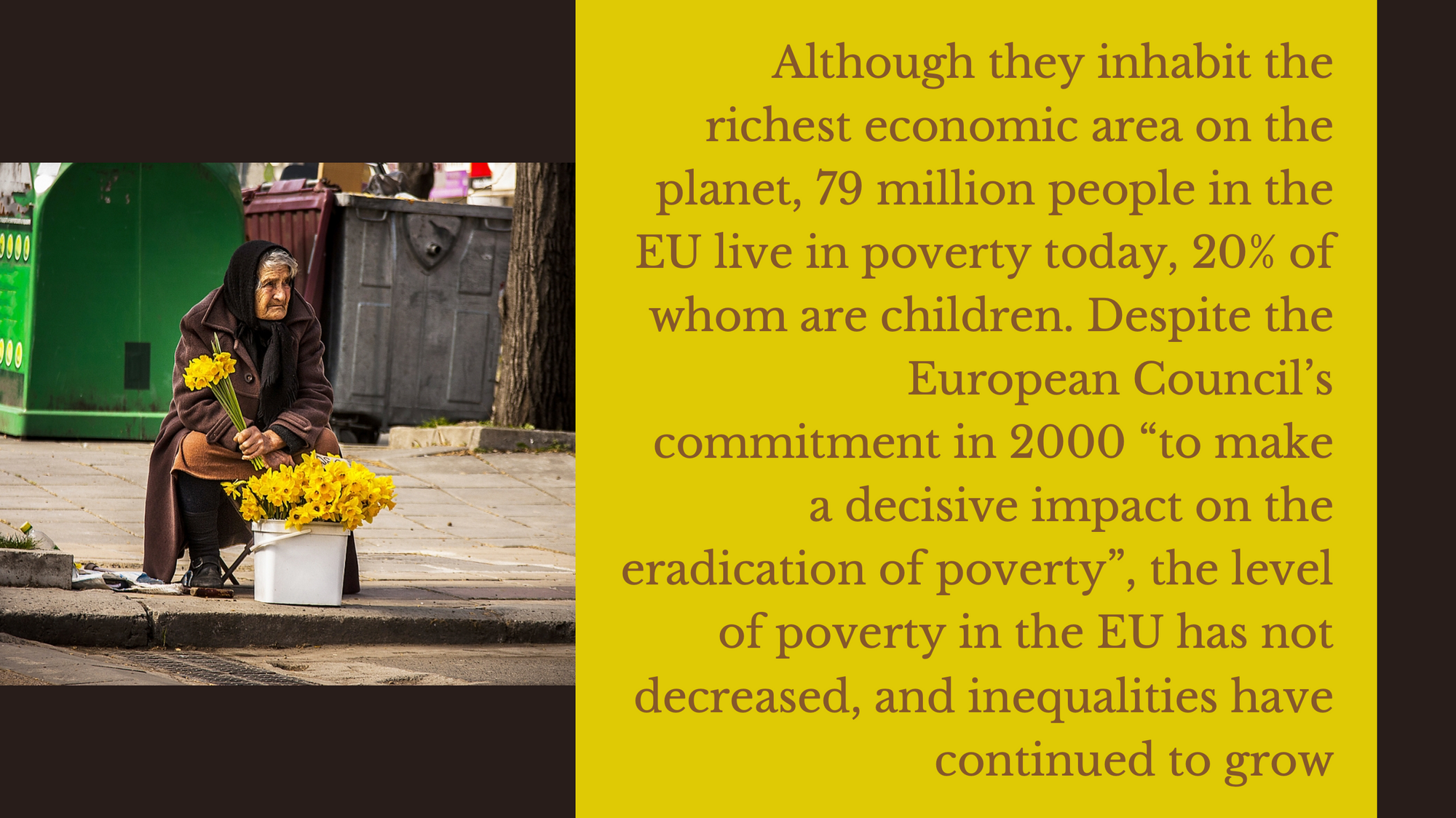
HOWs
HOWs are steps to achieve your demands. They're a proposed path for how the decision maker could act.
By including HOWs, you're showing the decision maker that your demands are actionable and realistic. In an ideal world, the decision maker could just hand your document to an assistant, point to the HOWs and say "make it happen — just follow these steps".
HOWs can get technical. They need to reference things from the decision maker’s policy toolbox. So to develop good ones, it's best to have someone on your team who understands policy, and politics.
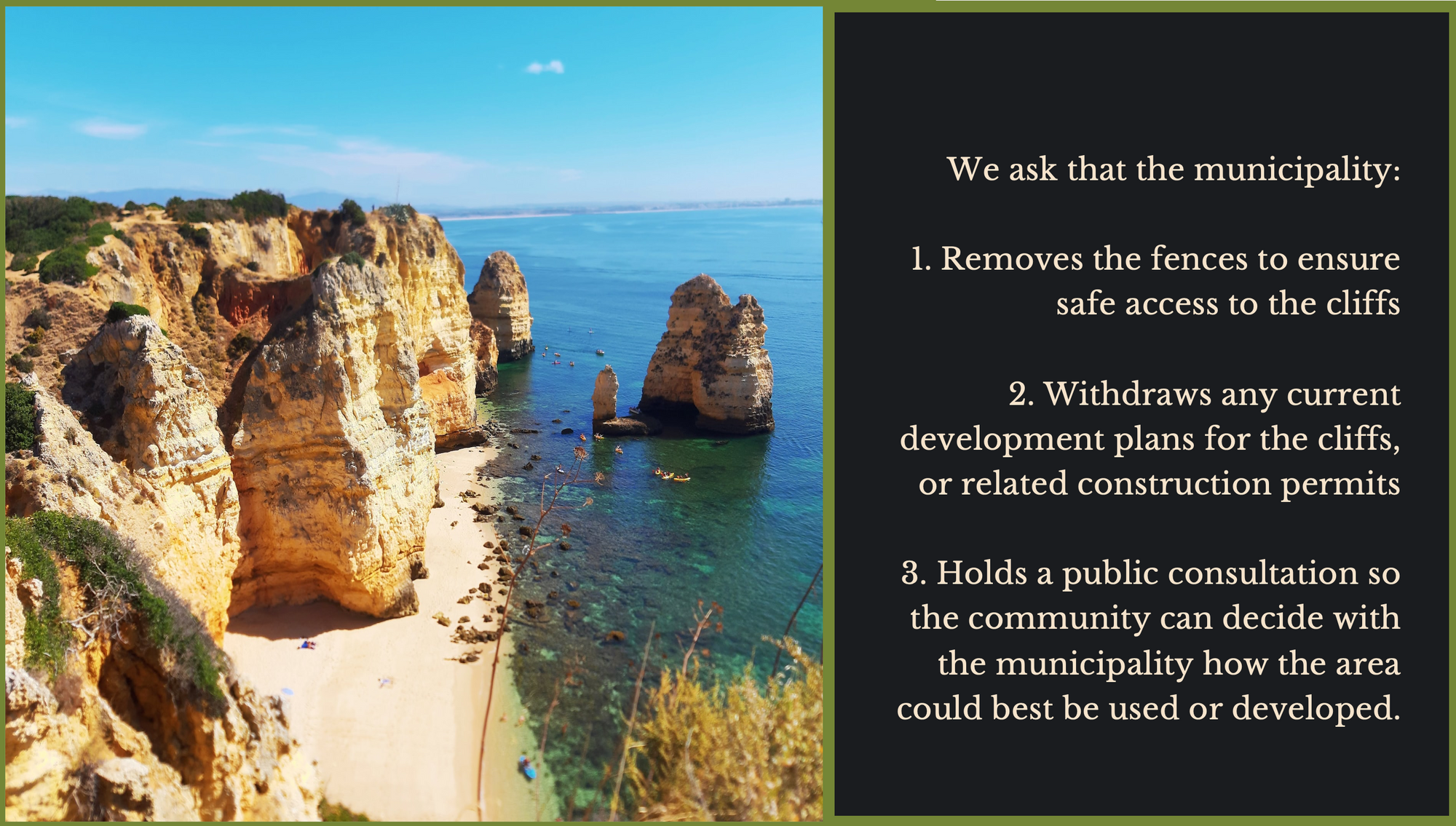
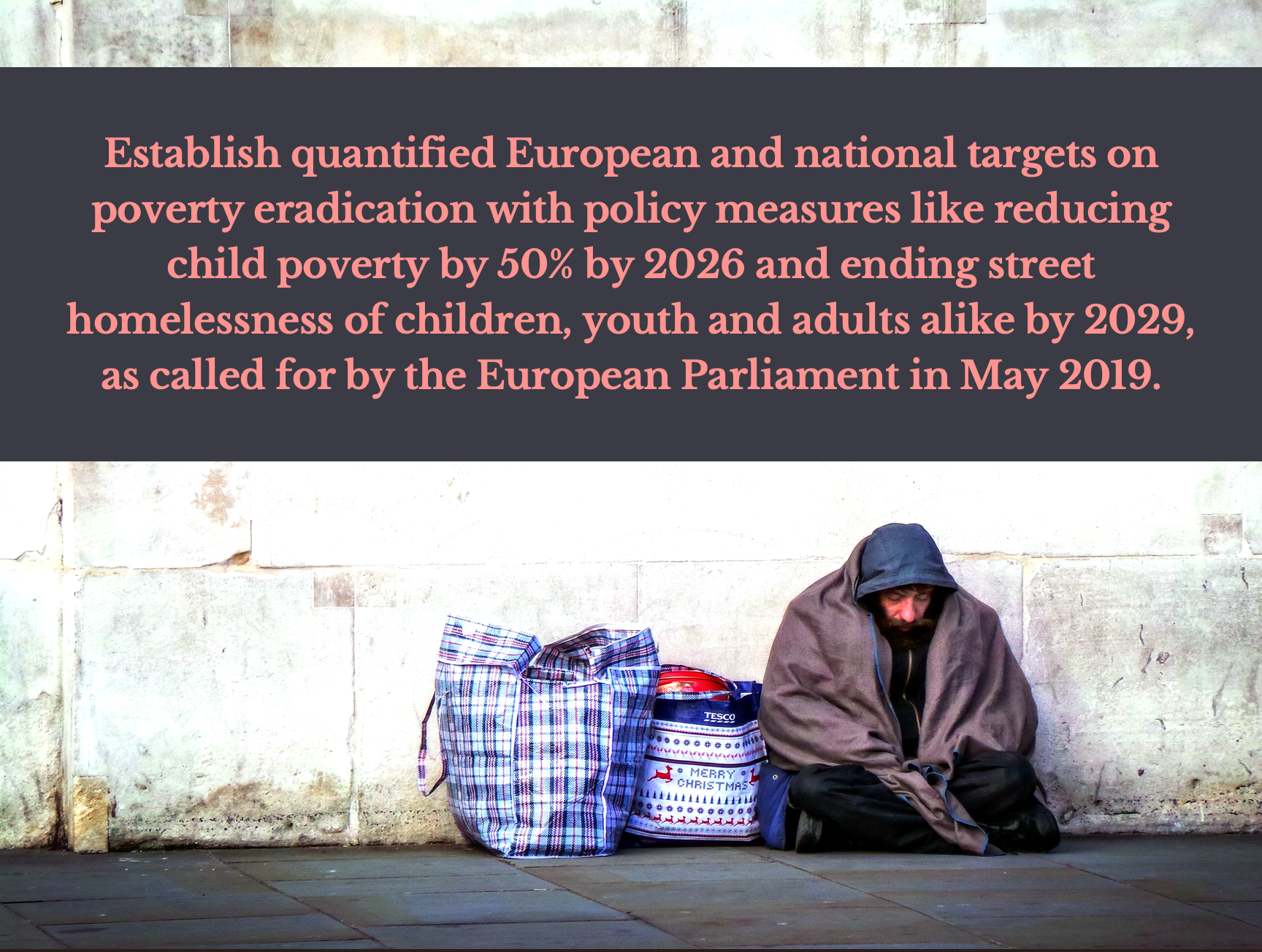
Addressing your audience
A few notes on how to communicate with the decision maker:
- Before you lay out your demands, read up on the decision maker and the system they work in. Ensure what you’re asking for is within their power to provide.4
- Position yourself as an equal partner to the decision maker. If you're meeting them, act like it and dress for it. See it this way: they are benefiting from your expertise. And you're giving them the chance to exploit their interaction with you for political gain.5
- Project a large footprint, based on the decision maker's pressure points. Is the person sensitive about, say, higher-income female voters in their district? Then note that you have a mailing list full of such people, and several influentials in that community on speed dial. Don't lie, but do embellish. This is sales.
- Be human, but avoid drama and indignation. To the decision maker, the interaction is a transaction. Treat it like one.
- Consider the timing. Just before a key vote, for example, might be a strategic moment to express your demands.
- If you're meeting the decision maker in person, let them do most of the talking. Ask them their view on your issue. Establish common bonds.
- Conclude the interaction with "where do we go from here?" If it’s a meeting, leave the decision maker with a take-home document containing the three components above.
- And take video or photos of the meeting, so you have PR material for your campaign. Ask first.
- Afterwards, follow up with the decision maker and keep in touch. Treat the interaction like the beginning of a relationship. It's likely you'll be doing this for a long while before things go your way.
Summary
To be a smart lobbyist, don’t just tell a decision maker what you want. Do your homework, explaining how acting on your demands benefits them. And break down the steps they could follow.
Treat the interaction like a transaction. You are offering your research, your arguments, the ability for the decision to say they met with you. In exchange for them to come closer to your position.
And always present yourself as an equal partner. Which, for the purpose of the transaction, is exactly what you are.
Good luck.
Notes
1: A friend was a lobbyist for the pharma industry in Brussels. When people asked what she did, she simply said ‘sales’. She wasn’t wrong.
2: Maybe they've invited you for a meeting because other tactics in your campaign plan have caught their attenton. Maybe you've pitched them for a meeting. Or maybe you're just addressing a public letter to them. There are many ways to do this, but they're all lobbying.
3: Lobbying, like media relations, is really just agenda mapping. It’s important to go beyond ‘why you want it' or 'why you think it's important'.
4: This pre-empts the common response "I'd love to help, but it's out of my remit."
5: At every lobbying meeting I've attended, the decision maker has documented it too. Being able to say "I've been in touch with civil society on this issue" is worth more politically than you might think.


